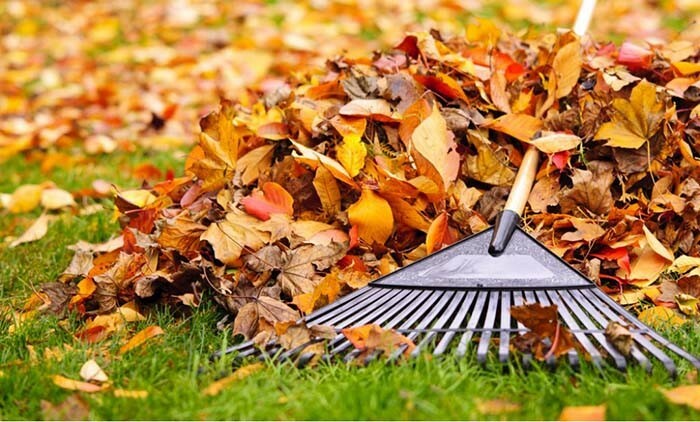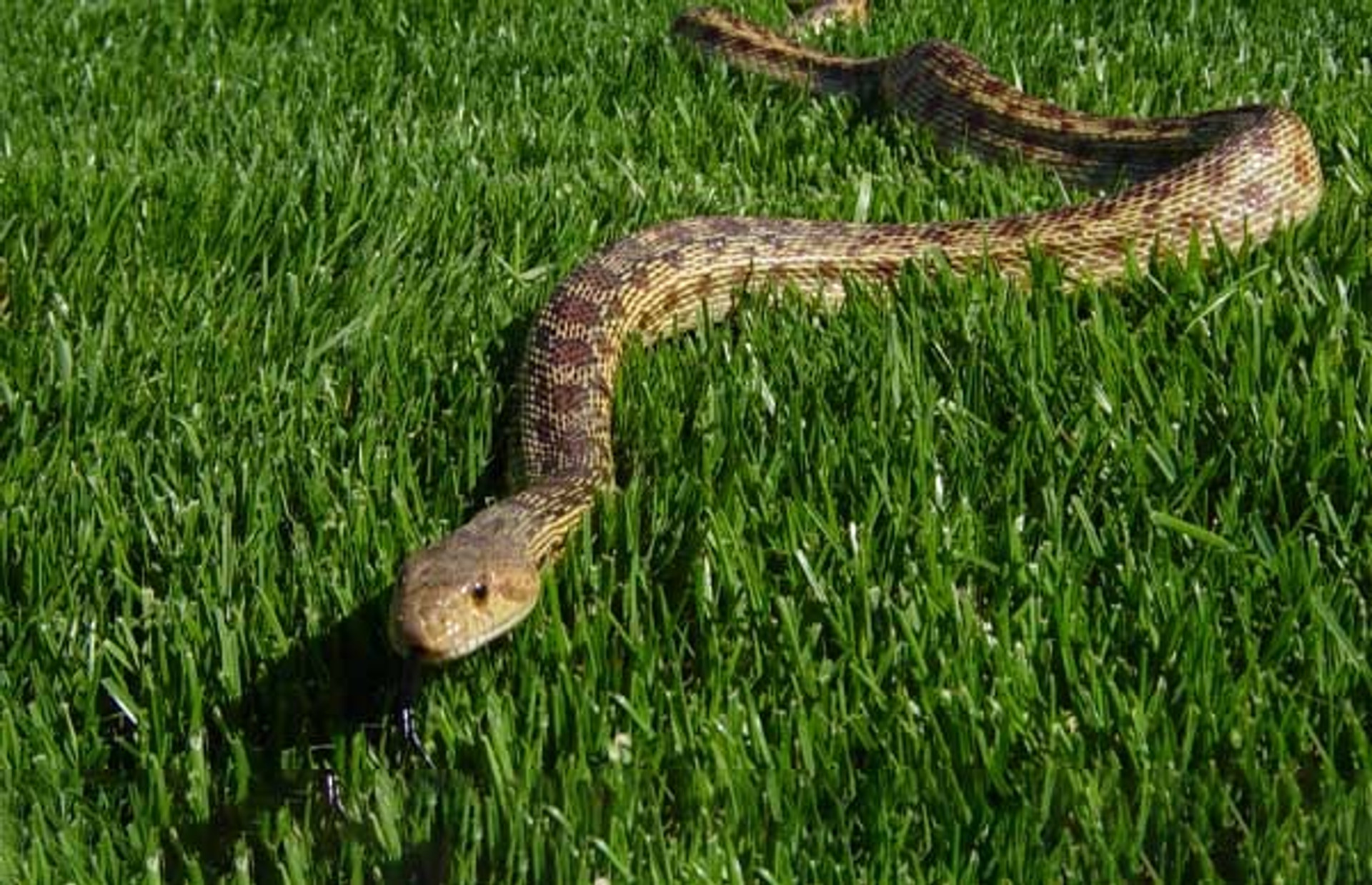What Vets Are Saying About Pets, Snake Deterrents & Summer Safety
Spring and summer are a time enjoyed by all Australians – BBQs, the beach, cricket, and kicking back in the pool. As we get more active, we get our pets more active. However, we aren’t the only ones out and about this festive season. Due to earlier than normal high temperatures, snakes are becoming far more active as they come out of hibernation, hunting for food and breeding. Inevitably the chances of us and our pets coming across snakes increases.
State governments have issued warnings for people to be aware of a spike in snake activity after a spate of recent incidents in which dogs and cats have been bitten. The Department of Environment, Land, Water and Planning said snakes were emerging from winter hibernation and the recent exceptionally warm weather has led to highly increased interactions with people and pets.
The Lort Smith animal hospital based in Melbourne has reported treating 20 pets for snake bites in October alone. This is more than the centre usually deals with in an entire year.

What Can We Do?
Firstly, check and clean your property:
- remove debris from around yard
- clean all guttering, channelled drains, holes (anywhere a snake may decide to hide)
- block all small openings into the shed and garage
- mow the lawn regularly
- clear garden beds, pot plants and nooks particularly around outdoor entertaining areas and pools
Remain vigilant in the upkeep, maintenance and mowing of your property.
The other thing to do is look into good quality snake deterrents. There are a variety of snake repellers on the market, however we recommend the snake deterrents that offer a multi-pulse vibration and sonic sound to create a feeling of danger for approaching snakes, causing them to avoid the covered area.

Contact with Snakes:
A dog’s natural curiosity and protective nature often compel them to challenge any snake that enters the yard. This is an instinctive response. Training your dog may help curb the compulsion and hopefully avoid any interaction.
We have sold many remote training collars, particularly to working dog owners who specifically train their dogs to avoid snakes. These snakes are caged or bagged and used as bait so that the dog can be corrected whenever they approach. We do not recommend the catching of snakes… except by a professional.

Snake Bite Symptoms:
A snake bite will often display with swelling around the area, as well as tenderness around the bite mark. The most common symptoms associated with a snake bite include;
- Breathing difficulties
- Vomiting
- Pacing around anxiously
- Panting
- Depression
- Partial or complete paralysis
What to do if your pet is bitten by a snake:
- Immediately take your pet to the nearest vet
- It is important to keep your pet as still as possible
- If you have seen the snake involved, take note of its colour, size, appearance, etc
- DO NOT try to catch the snake, you would be taking an unnecessary risk. Also, do not kill the snake, they are protected and it is illegal.
Enjoy your summer and keep safe!






